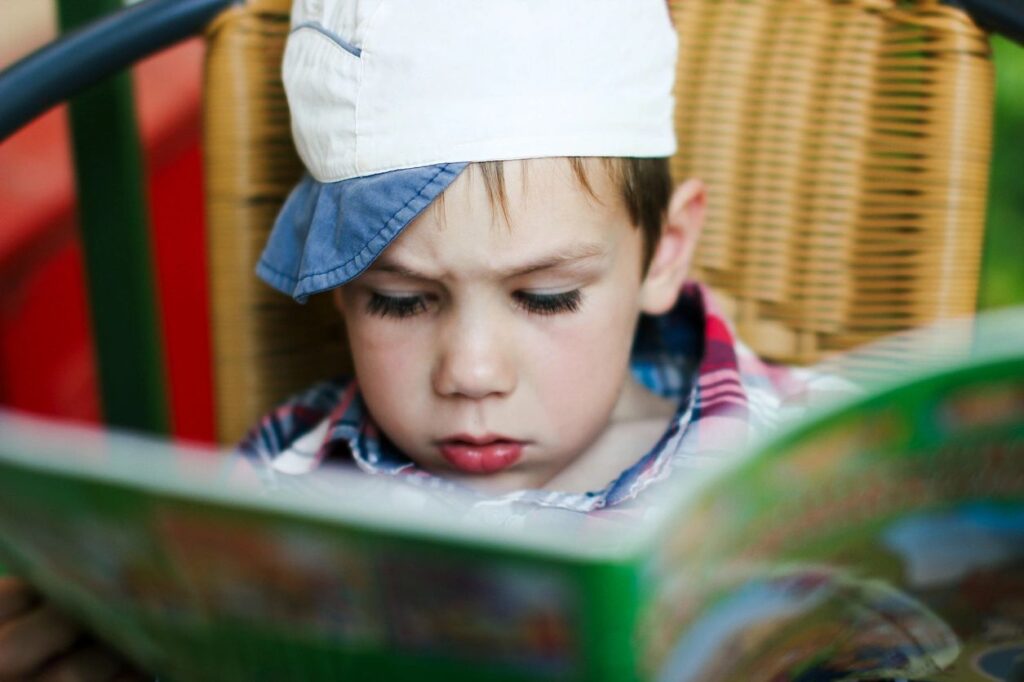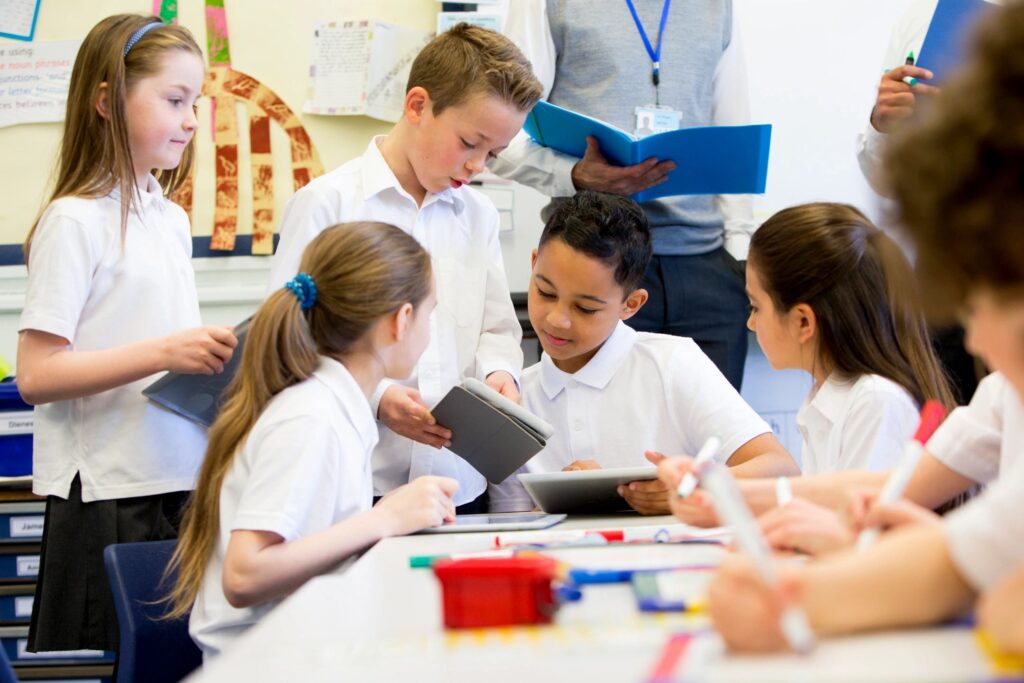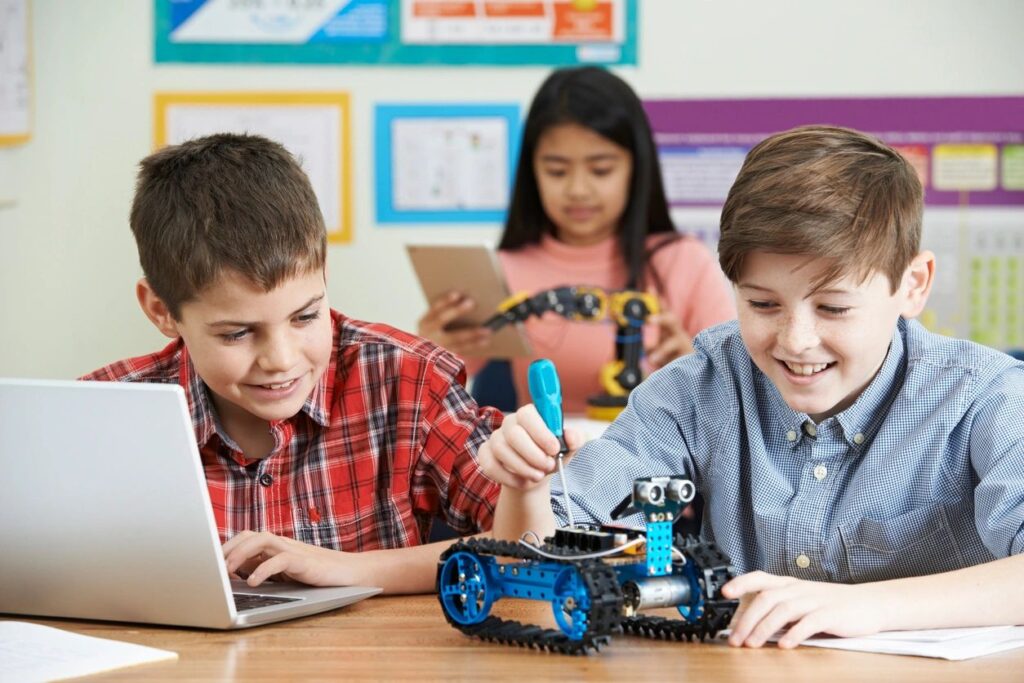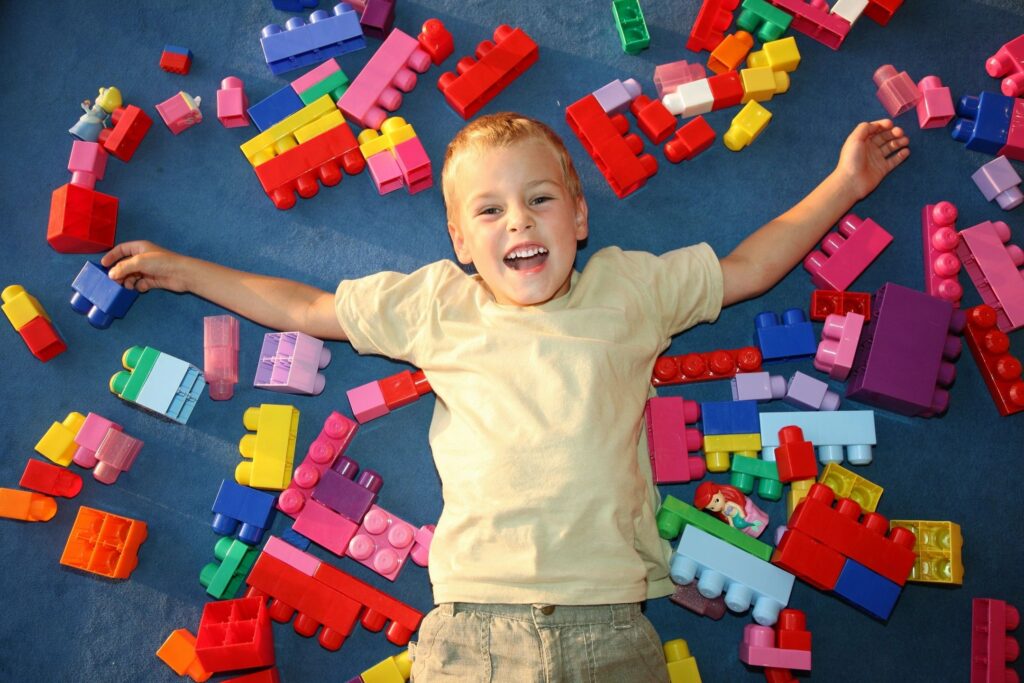Developmental Psychology
Older People Are More Attentive to Positive Information. What About Older Dogs?
Being able to focus on the positive is something we can all benefit from, and it may be a skill that becomes easier with age. Psychology researchers have found that older adults tend to remember positive information better than negative information relative to younger adults. This phenomenon has become known as the “positivity effect,” a…
Read MoreSchool Cafeteria Setup Can Promote Healthy Eating Habits
The idea of “nudges” often comes up in research on the psychology of dietary choices. The theory being that certain cues can “nudge” people toward healthier eating habits. I wrote about this topic a few months ago in relation to a study suggesting that using certain types of plates might encourage children to eat more…
Read MoreCan a Cartoon Character Fight Stigma Against Autism?
Cartoons might seem like nothing more than a fun way to pass the time. Presumably, though, children who watch cartoons are integrating the things they see into how they view the world, as they do with more or less everything they encounter. That realization that cartoons can shape children’s attitudes is probably part of the…
Read MoreBreakfast Habits and School Performance
“Dear diary, today I had cereal and orange juice for breakfast.” That kind of diary entry might make for fairly boring reading, but it’s exactly what the authors of a recent study on nutrition habits and school performance were interested in. In the study, 294 British teenagers kept food diaries for a week, reporting the…
Read MoreFamily Connectedness Predicts Teen Coping Skills
The family someone comes from can shape how they relate to the world around them – including how they cope with stressful situations, as it turns out. A new study from researchers in Canada and New Zealand suggests that the sense of connection teenagers have with their families foreshadows the coping skills they will develop,…
Read MoreChildren Will Imitate Robots
Young children have a range of skills that make them phenomenal learners, and one of these skills appears to be copying the people around them. For better or for worse, children will imitate the behaviors they observe in others. Psychologists have come up with various theories about why children are such prolific imitators. One theory…
Read MoreAre Today’s Teenagers the Most Bored Ever?
Today’s teenagers have an abundance of digital diversions and instant gratifications at their disposal. Yet for this richness of entertainment options, adolescents in recent years might be more bored than their historical predecessors, at least according to a newly published study. The study surveyed over 100,000 eighth-, tenth- and twelfth-graders between the years 2008 and…
Read MoreHow Narcissism Changes From Young Adulthood to Middle Age
Once a narcissist always a narcissist? That is, more or less, the question that researchers asked in a study that tracked people’s levels of narcissism from age 18 to 41. Although we sometimes talk about “narcissists” as if they’re a separate group of people, psychologists usually measure narcissism as a personality trait that everyone has…
Read MoreThe Childhood Roots of Greed
Being willing to share resources with each other is one of the things that keeps our society functioning. That’s why one of the lessons that we commonly teach children is how to share. Of course, to varying degrees, we all ignore that lesson at times. There’s an opposite tendency to always want more of something…
Read MoreOlder Adults’ Perceptions of Volunteering Improve When They Try It
Volunteering is an activity that seems to have as many benefits for the person doing it as for the people it’s intended to help. This seems to be true starting relatively early in life, with young adults who volunteer more having a greater sense of purpose. However, volunteering has especially been considered as a way…
Read More









